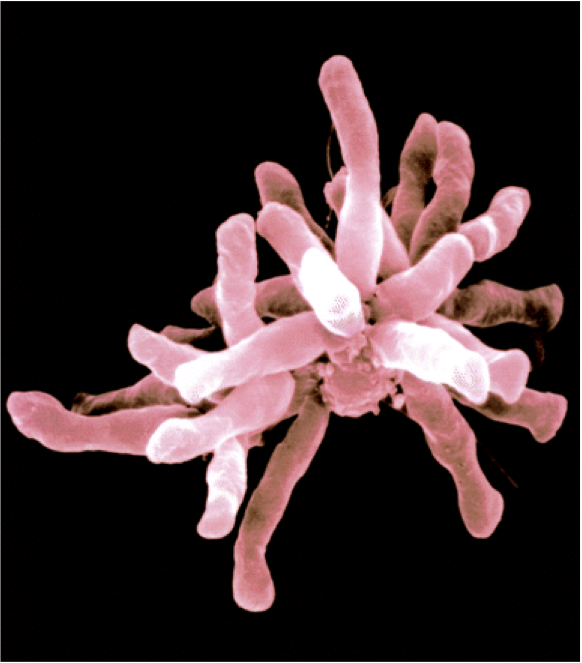 |
||||||
| School of Medicine • University of Washington • Box 357735 • 1705 NE Pacific St • Seattle WA 98195 | ||||||
| Harwood Lab: Molecular determinants of survival in non-growing bacteria | ||||||
We are using genome-scale analysis that is rooted in the application of high throughput next-generation sequencing technology to define the genes whose expression and function are responsible for starvation survival in Rhodopseudomonas. These genes will be validated and their role in cell physiology defined in an iterative process of mutagenesis, laboratory studies, and whole genome gene expression studies. |
 |
|||||